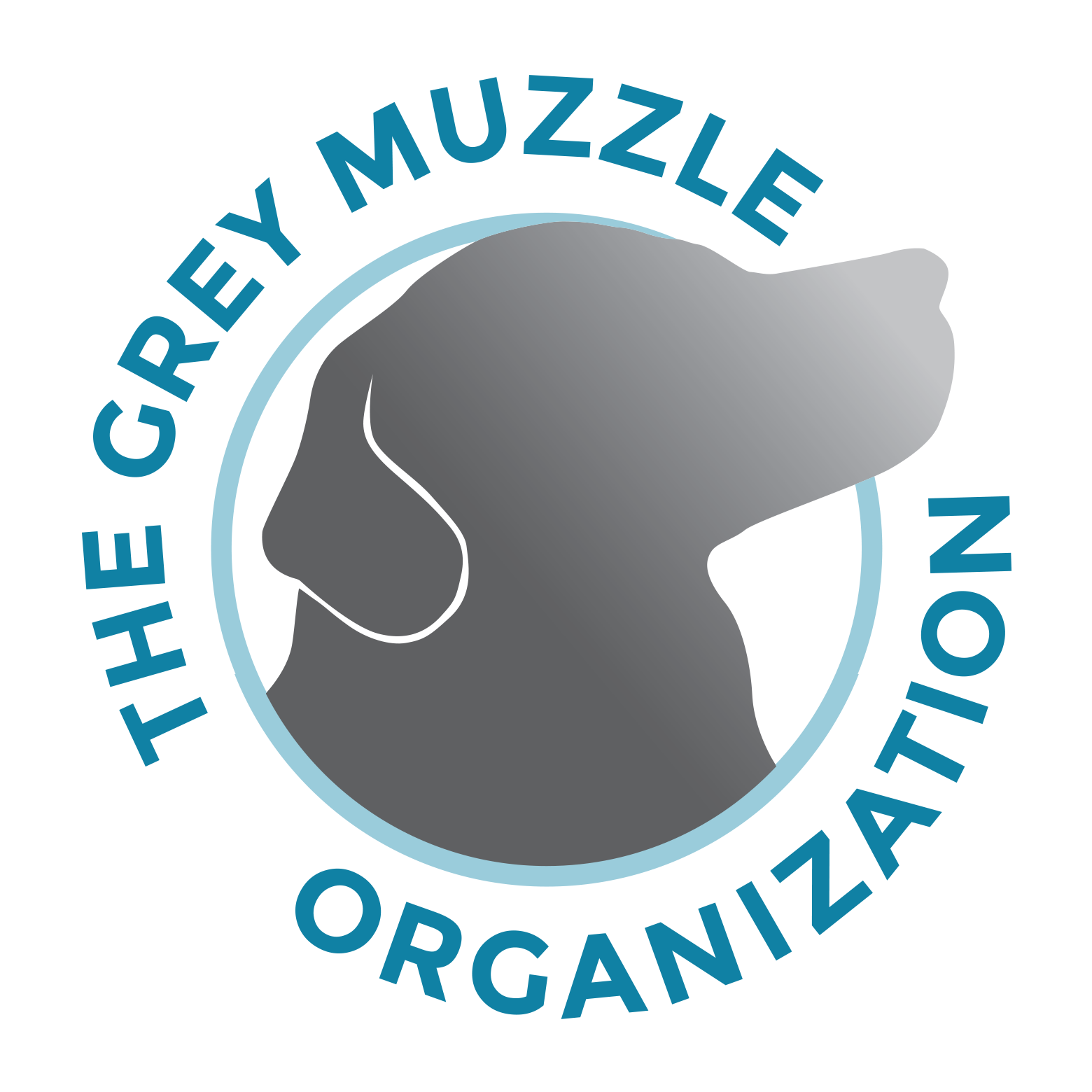Collaboration is Crucial at Fort Valley State University's SAFE Center
Many dog owners fear what will happen if their dogs outlive them, and sometimes even plans made with the best intentions don't work out. Nikki, an 8 year-old Kuvasz, and the family member who inherited her faced insurmountable issues that made her long-term care untenable. That's when the SAFE Center at Fort Valley State University in Georgia stepped in. C0-located with the University's Veterinary Technology Program (the only four-year program in the state), the SAFE Center is the only facility in Georgia that is built for animals and their owners fleeing natural disasters. The SAFE Center also hosts a Community Practice Clinic, which provides topnotch care to the dogs of low-income pet owners and those saved from shelters who need vaccinations and basic vetting before heading up north to adoptive homes.
The SAFE Center was able to offer Nikki excellent care while she, in turn, provided a wonderful learning opportunity for students studying issues afflicting geriatric dogs. After just one semester, she was adopted by a woman who has experience with giant breeds, and she is having a blast with her two Great Pyrenees siblings.
Their experience with Nikki and other senior dogs led Dr. Oreta Samples, Master of Public Health Program Coordinator, and Ms. Rose-Ann Gillespie, Veterinary Technician, to develop the newly-funded Senior Dog Advocacy Program. With the SAFE Center program and infrastructure already in place, it made sense to target senior dogs, who exhibit more health problems, are more expensive to treat, and are harder to adopt. "Because our department houses a veterinary technician program and a master of public health program, I was looking for a way to combine the two into something meaningful for both animals and humans," says Dr. Samples. "Public health encourages the human-animal bond as does veterinary medicine, and I felt that we were in a unique situation to be able to assist those who are elderly and/or low income who have geriatric dogs to keep those pets healthy and with their owners."
The Grey Muzzle funding covers veterinary care for the senior dogs of low-income owners in the community and allows the program to take in more senior dogs in need from area shelters. Take Charlotte, for example, a dog with a serious eye condition requiring a level of care that precludes adoption. Charlotte is now a part of the Vet Tech Program, where she is guaranteed not only cutting-edge healthcare, but a well-appointed kennel, outside play area, daily exercise, canine company, and lots of interaction with the vet tech students, for whom she is the ideal geriatric model.
The not-so-secret "secret" of dog rescue is collaboration. While an individual may succeed in saving a dog or two, successful programs require community involvement. In Fort Valley State's case, the partners are the Georgia Department of Agriculture, the Board of Regents of the University System of Georgia, the school's Veterinary Technology program, shelters and rescues in Middle Georgia, and both dog owners and prospective adopters in the local community.
Originally intended for people and animals fleeing natural disaster, the SAFE Center staff works hard to remedy the "unnatural disasters" of canine homelessness and disease. Grey Muzzle is proud to support them!
First, brainstorm...then, reach out!
Few animal rescue organizations are in the enviable position of Fort Valley State's Senior Dog Advocacy Program, which is housed in a veterinary technology program and operated under the auspices of a university. However, dogs--especially senior dogs--require medical care, and most rescues are strapped for funds, necessitating flexibility and creative thinking about healthcare resources.
- According to the AVMA, there are 191 AVMA CVTEA accredited veterinary technology programs in the U.S. and 2 in Canada. Check out the list below to see if there's one near you, then ask: Are they looking for internship or practicum sites for their students? Can they supply volunteers to provide basic healthcare to your dogs? Even if the program isn't local, there may be vet tech students home for the summer who may be interested in volunteering. https://www.avma.org/ProfessionalDevelopment/Education/Accreditation/Programs/Pages/vettech-programs-all-programs-list.aspx
- The same applies to veterinary medicine programs. There are 30 AVMA accredited programs in the US and 5 in Canada. https://www.avma.org/ProfessionalDevelopment/Education/Accreditation/Colleges/Pages/colleges-accredited.aspx
- Don't forget vet med and vet tech student organizations, who may provide volunteers or designate your rescue for a fund-raising project. For example, the Association of Shelter Veterinarians has 31 student chapters. Click here for a current list: http://www.sheltervet.org/index.php?option=com_content&view=article&id=45:current-student-chapters&catid=20:site-content).
The key is to identify healthcare professionals who 1) love dogs as much as you do and 2) need supervised experience. Brainstorm. Look around. Reach out!
The Grey Muzzle Organization improves the lives of at-risk senior dogs by providing funding and resources to animal shelters, rescue organizations, sanctuaries, and other nonprofit groups nationwide.
About the Author: Connie Corzilius Spasser is a writer and sometime rescue transport driver who lives with her husband Mark and three senior dogs (Joe, Sven, and Ari) in Augusta, Georgia.



